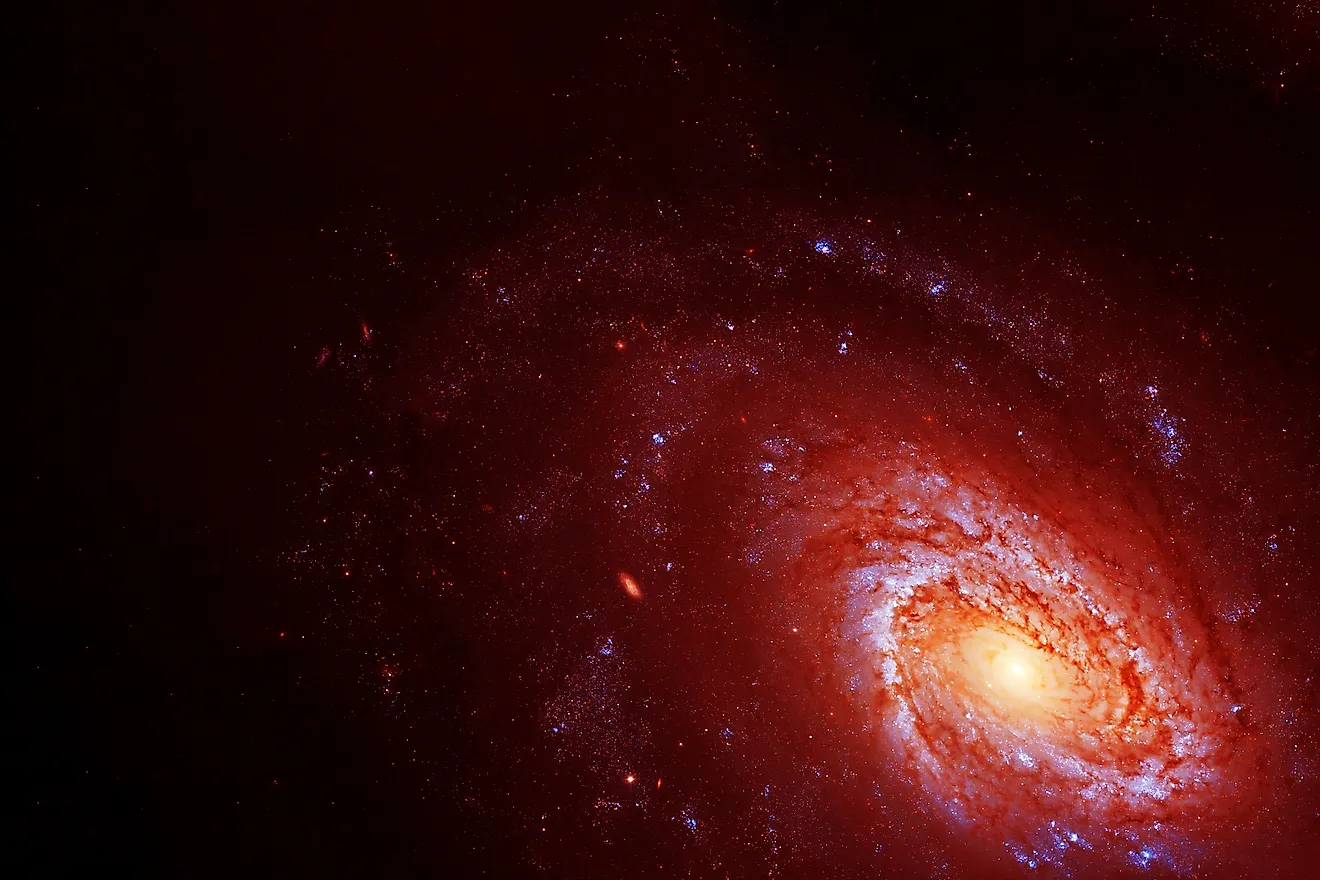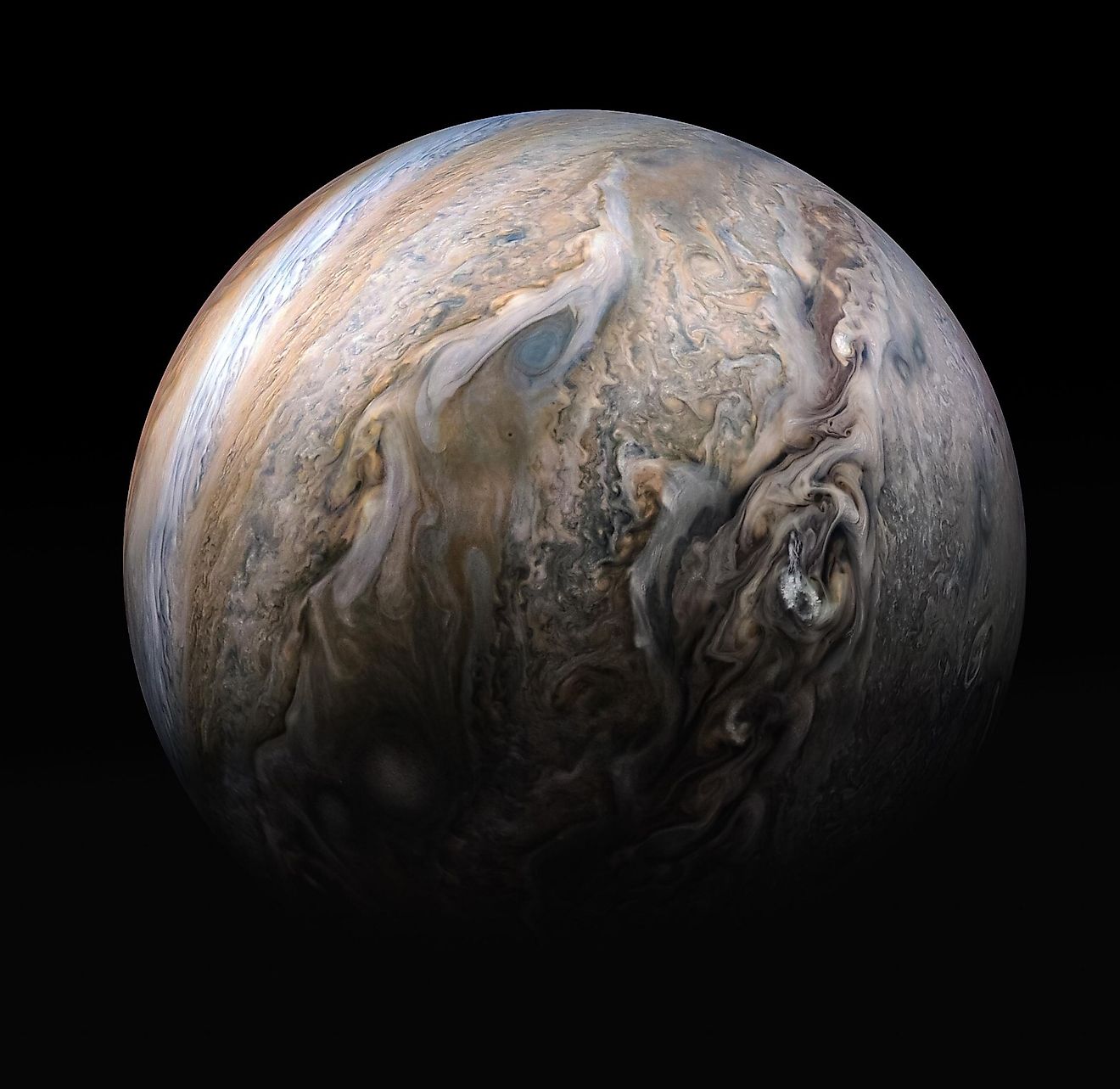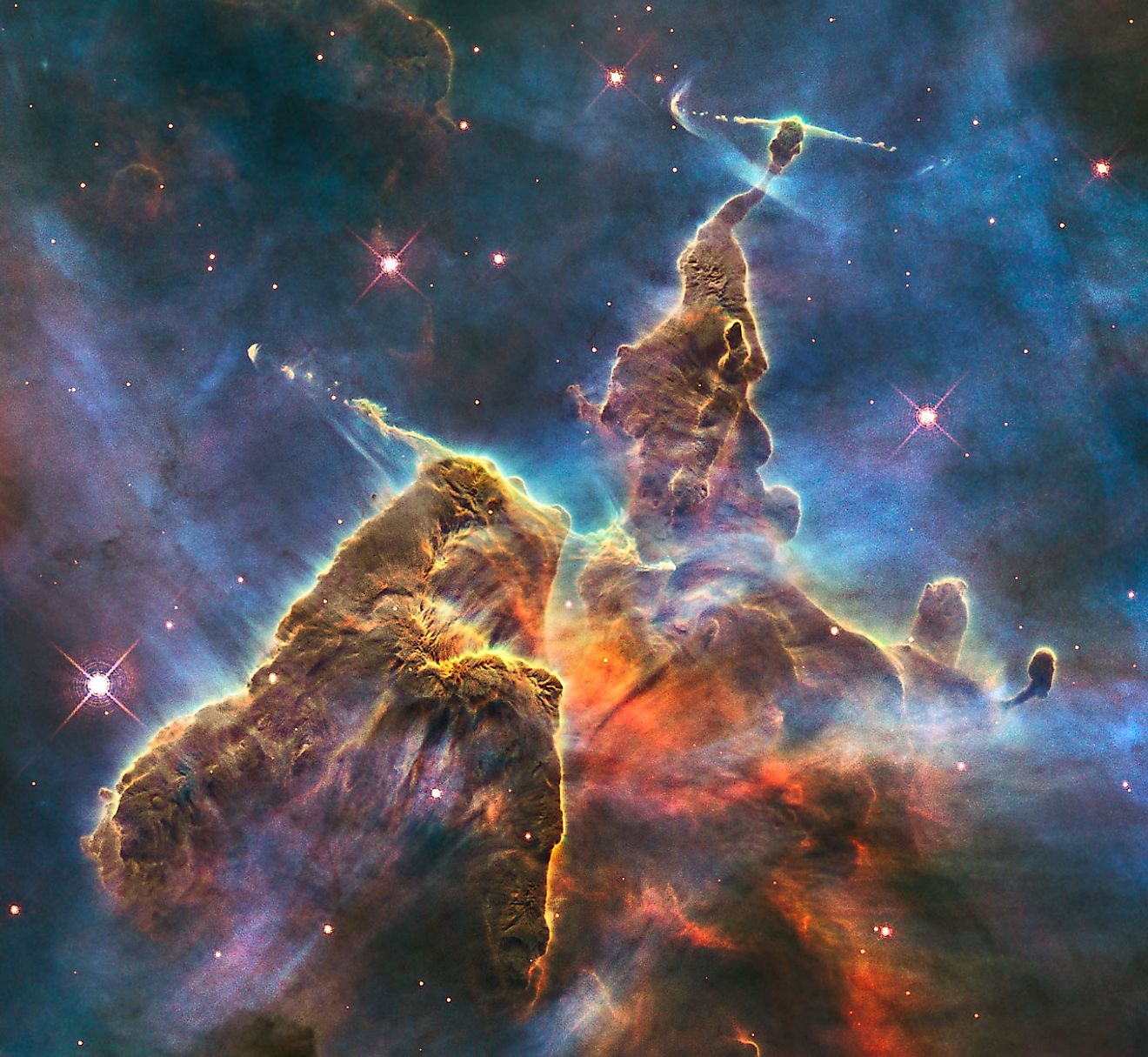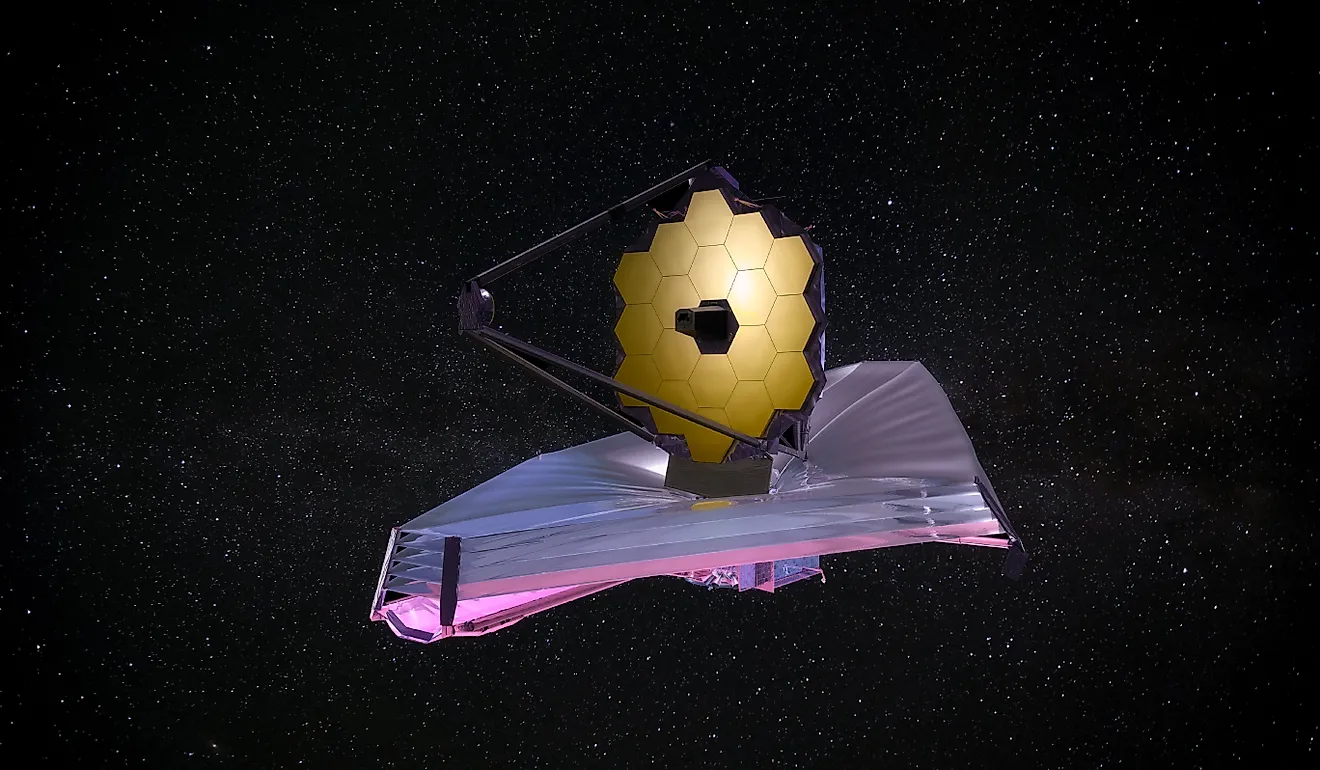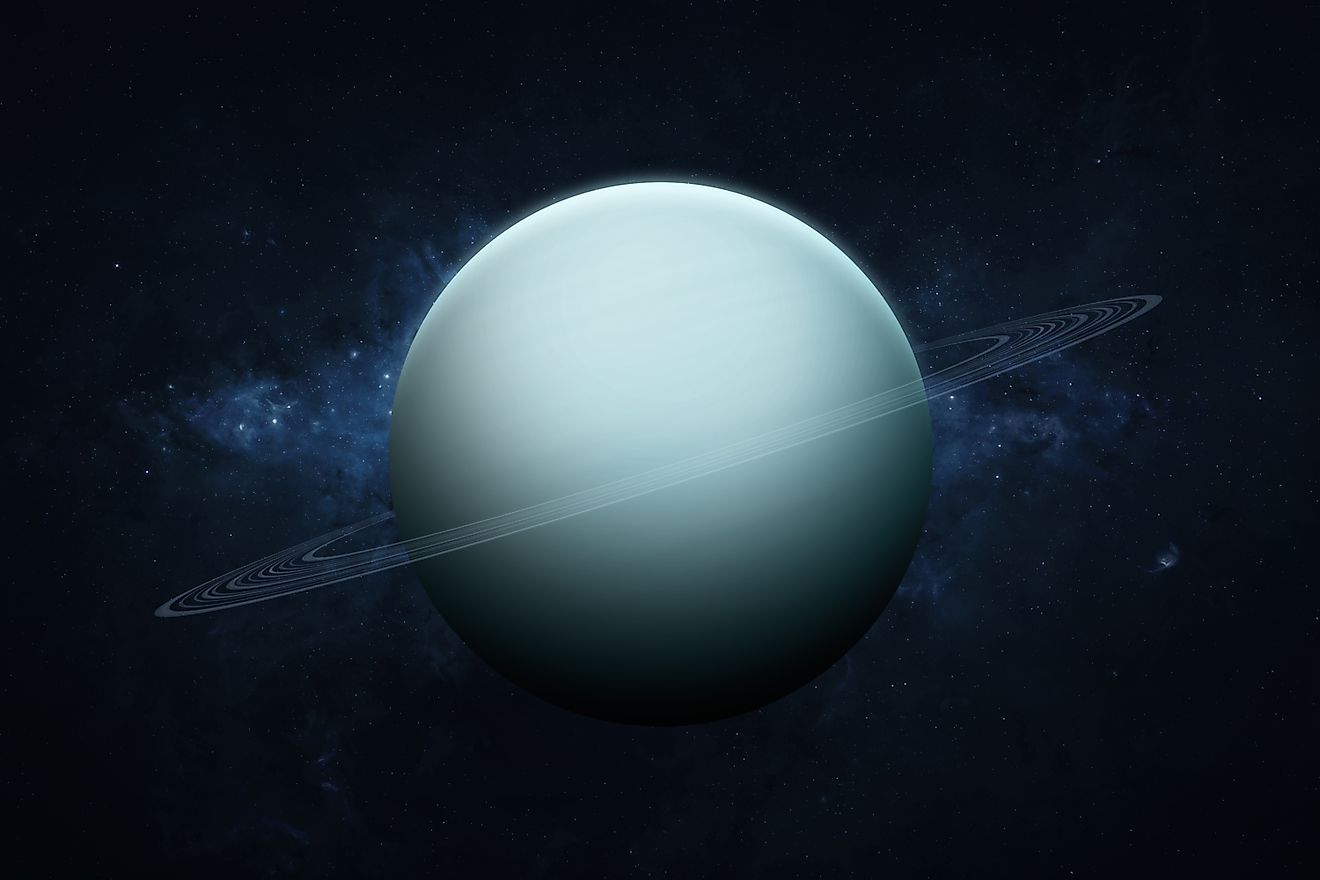
The Voyager Golden Record
In the 1970s, a rare phenomenon occurred: the outer planets of the solar system aligned together. This alignment was a scientific opportunity that had to be taken. Scientists and engineers built the Voyager 1 and Voyager 2 spacecrafts. The primary objective of the Voyager spacecrafts was to visit each of the outer gas giants. This, however, was not the only goal of the Voyagers. As the Voyagers ventured out into space, there was obviously no way they could ever come back. Rather, they would simply drift through empty space, eventually even leaving the solar system, which both spacecraft have achieved in the last decade. Voyager 1 became the first human-made object to leave our solar system, and Voyager 2 became the second.
Voyager 1 and 2 launched in 1977, and their journey brought them both to Jupiter and Saturn. Voyager 1 did not continue onto any other planets, and instead left for the emptiness of space. Voyager 2 continued on to Uranus and Neptune, and to this day, it is the only spacecraft to have completed flybys of these two worlds. Voyager 2 gave scientists their first up close view of these outer gas giants, and even to this day, decades later, new discoveries are still being made from photos taken by Voyager 2.
Memories Of The Earth

Travelling to the outer planets was of course the first, primary objective of the Voyager mission, but it wasn’t the only objective. Both spacecraft were equipped with golden, phonographic records, as well as a gold encasing with hieroglyphics on it. The record contained images of human society, as well as music from throughout history and across the globe, as well many other aspects of our society. Science, math, technology, even recordings of multiple human languages and a whale language were included on the record. These records contain the memory of our world and who we are. In space, there is virtually nothing to erode the Voyagers away, and so they will continue to drift through space for an estimated five billion years or so. That is of course a very long time, even longer than our solar system has been around for.
Scientists sent the golden records in the hopes that, maybe within five billion years, some alien species may come across it. The chances are of course nearly zero, but five billion years is a long time. Five billion years ago there was no Earth. The Voyagers could even be discovered by a civilization that has yet to evolve. There may not even be an Earth in five billion years. In five billion years, all life will be extinct, the oceans gone, the continents unrecognizable, and the sun will have likely engulfed the Earth as it nears the end of its life.
Despite these drastic changes, the two Voyagers will continue their journey through space, unknown to the events taking place on their home world. Our world, the Earth, will no longer exist. All that will remain of our civilization are those two spacecraft that were sent out so long ago. The Earth will have died, but those two Voyagers will continue to carry the memory of that world. As they continue through space, these spacecraft carry with them a part of us. In five billion years, those memories will still be silently whispering, as the Voyagers continue their lonely journey through the emptiness of interstellar space.

